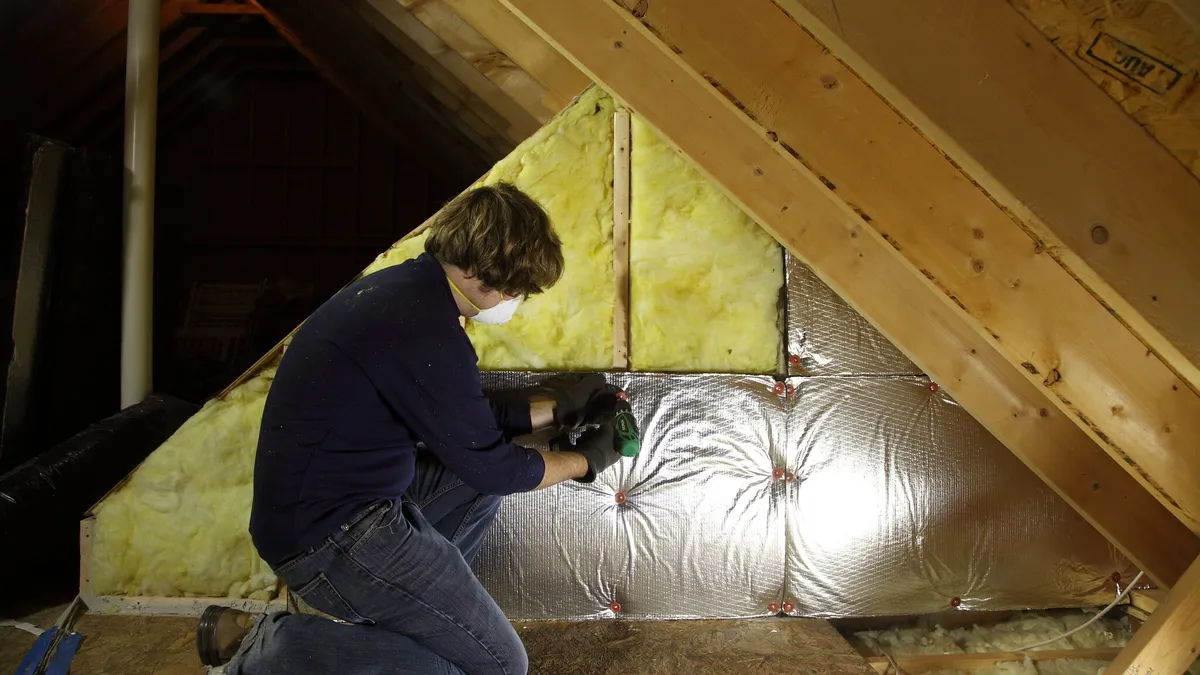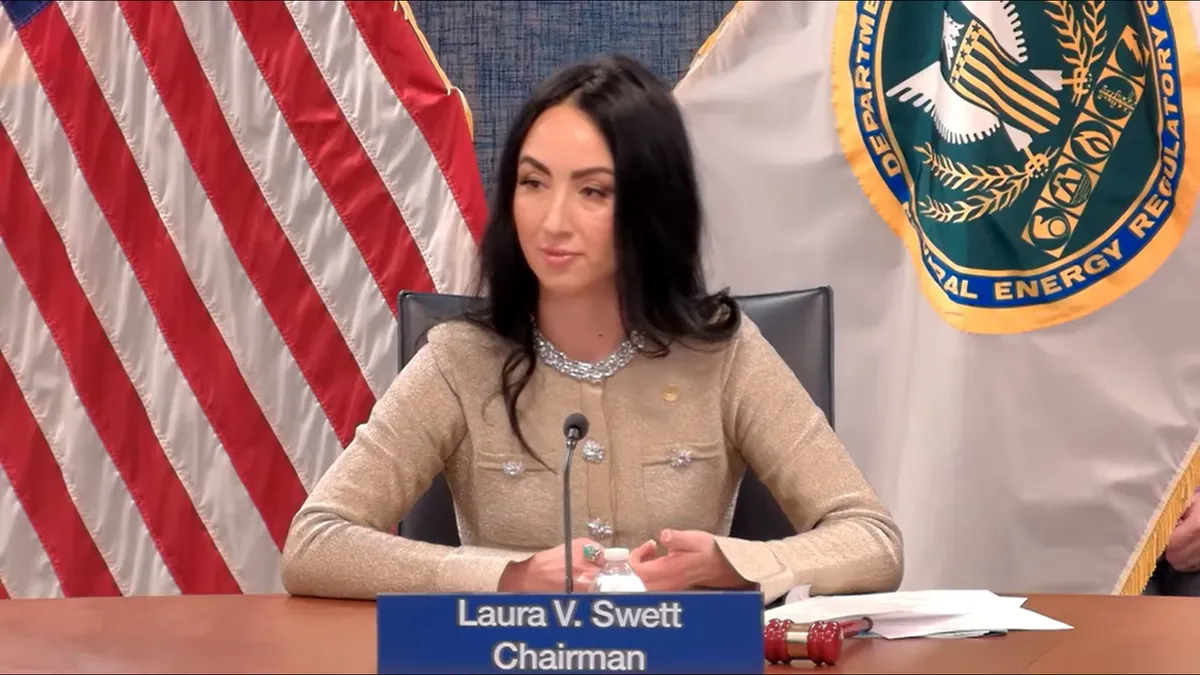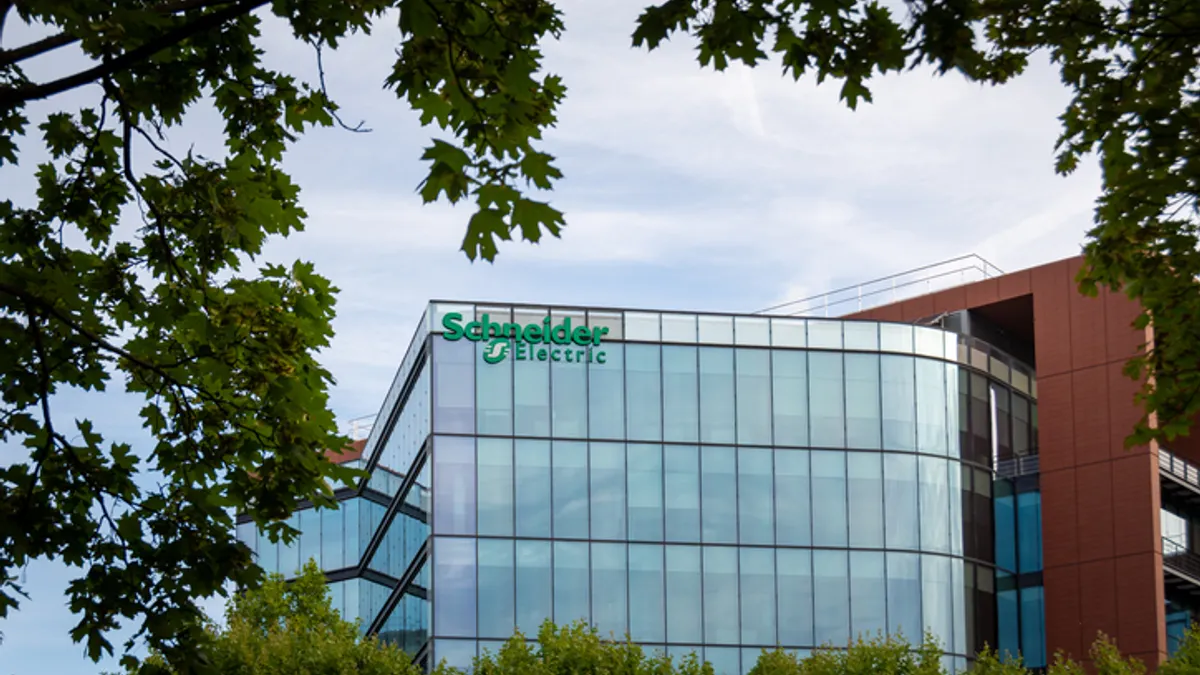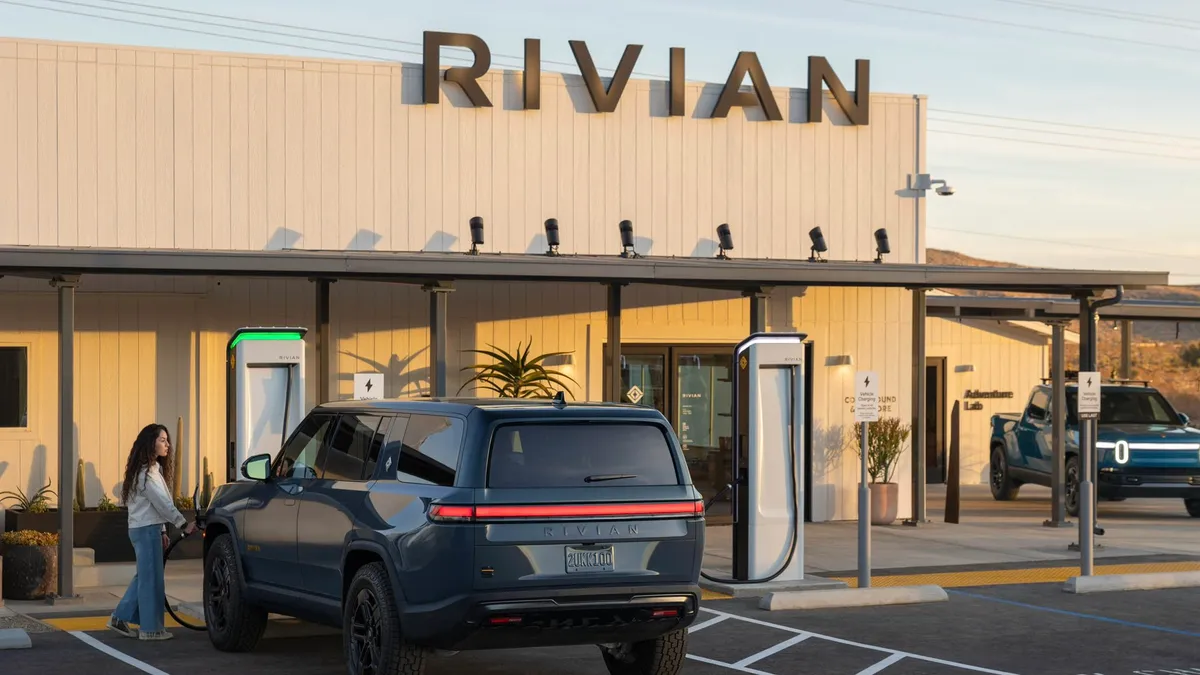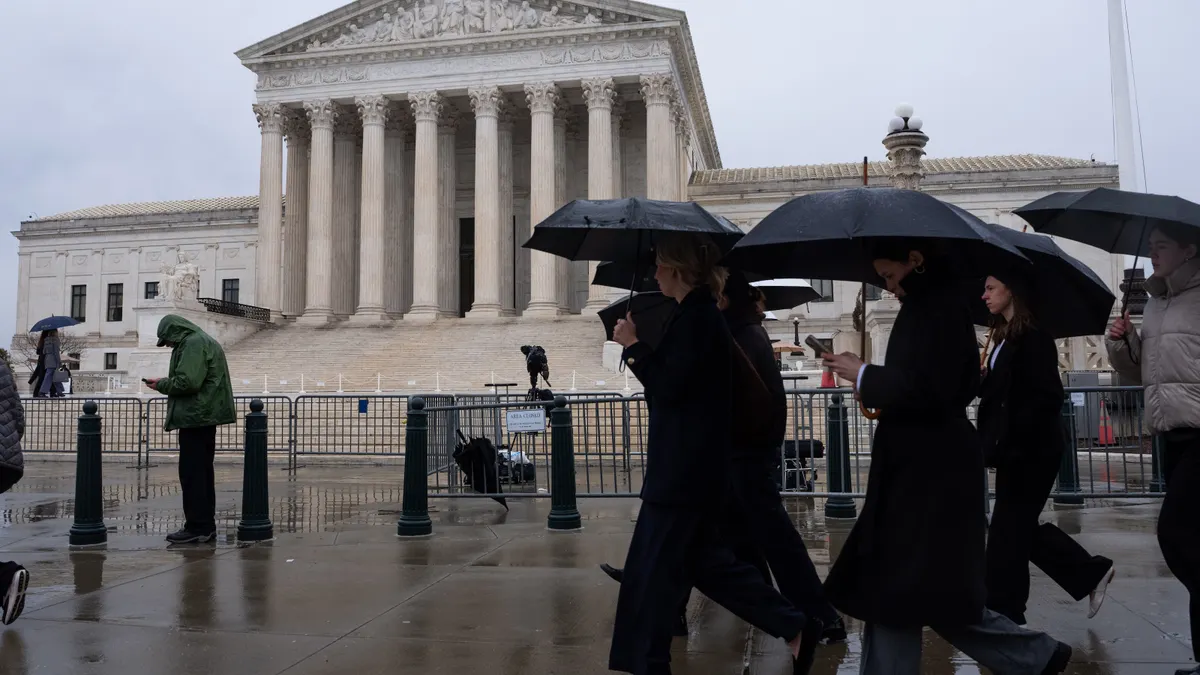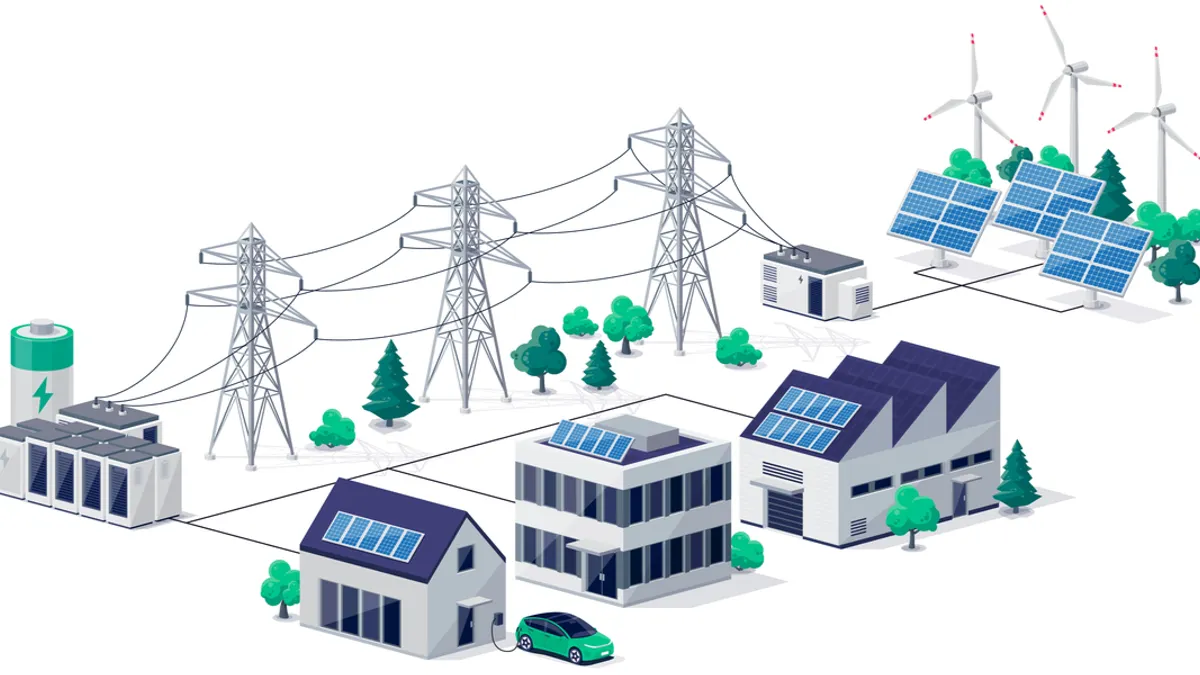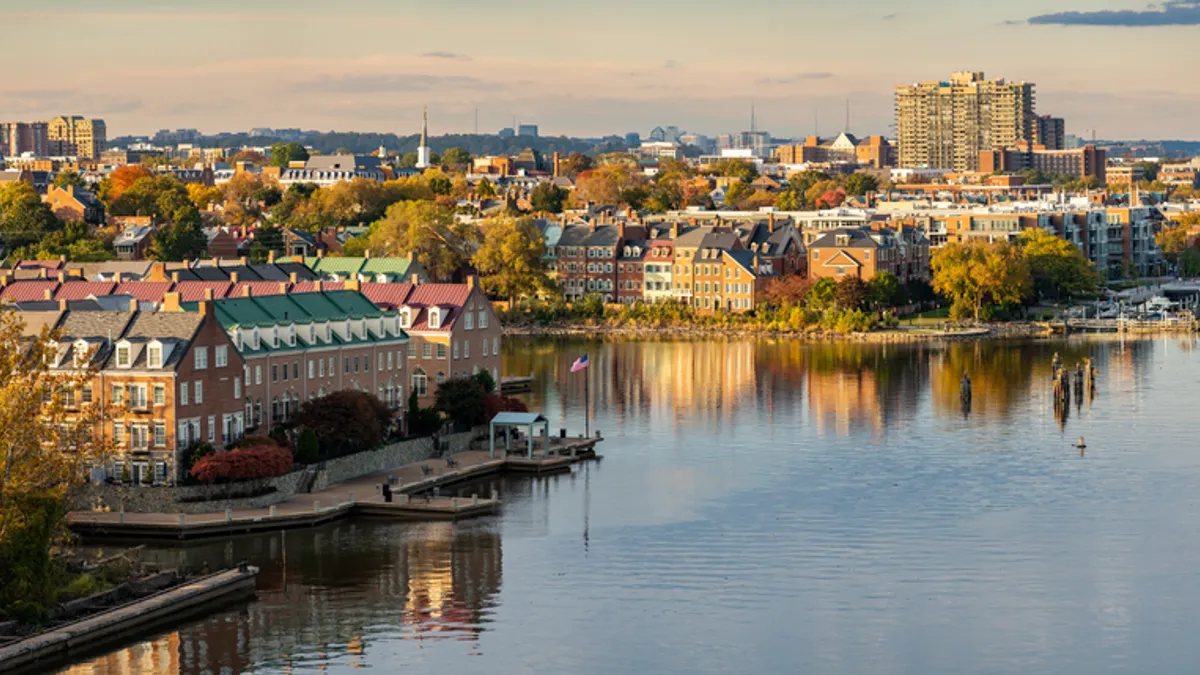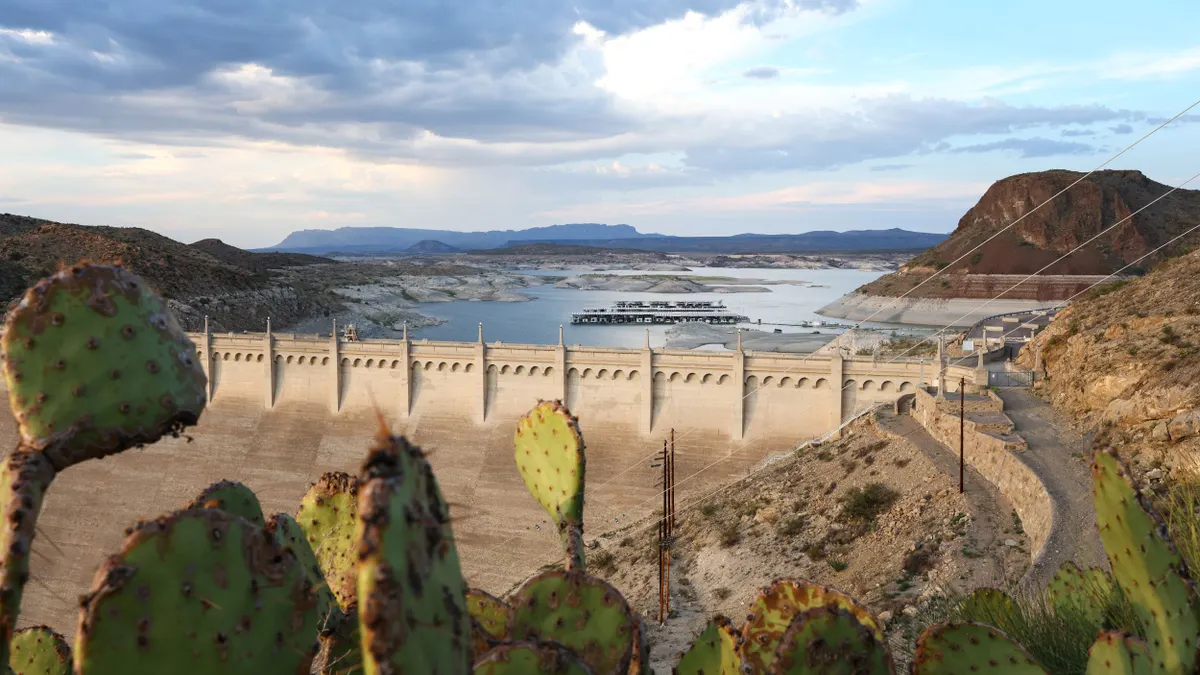L. Michelle Moore is CEO of Groundswell, author of Rural Renaissance, and a former board member and audit committee chair of the Tennessee Valley Authority.
America is in the early days of an energy crisis of our own making. More than 51 million families across our nation struggle to pay high electricity bills, and rates are still rising. In rural communities, families who work hard to get by are already paying 20% of their entire household incomes to keep the lights on, and surging AI energy demand is pushing rates and bills even higher. The higher rates that result will mean bigger bills and fewer groceries unless America corrects course and repeals the complexity tax on energy.
The emerging energy crisis is hitting hard at the kitchen table, and action is urgent. So far this year, utilities have requested an additional $29 billion in rate increases, nearly doubling versus the same period last year. Recently-adopted tax increases on renewable energy are projected to contribute to an additional 9-18% rate increase within the next five years, and the race to build and deliver enough new generation to ensure U.S. energy dominance and AI leadership will push the cost of energy even higher. But at the same time we need more capacity to keep the lights on and energy affordable, the federal government has killed or delayed more than 13.9 GW of new generation and billions of dollars in energy savings for families with red tape and termination letters.
What is the complexity tax? It's wasted time and money on the regulations, paperwork, permits and shifting policies that stand between Washington and people paying bills at the kitchen table. It's an energy project waiting seven years for an interconnection permit to add new power to the grid. It’s conflicting federal agency programs that waste time and money on duplication. It’s not being able to count on a contract and the full faith and credit of the federal government. And it's energy policies that change faster than you can build a project. The time, money and effort wasted on the complexity tax drives up energy costs, electricity rates and people's power bills.
To repeal the complexity tax, cut energy waste and improve housing by consolidating and expanding efficiency and housing repair programs, aligning enrollment requirements with the states. High electricity bills are inexorably linked to declining housing, and housing repair needs stand in the way of deploying energy efficiency on its own. I see it every day in Groundswell’s work across the Southeast, and I’ve seen it in my own life. My grandparents worked in the cotton mills of West Georgia. In the 1990s, their homes didn’t have air conditioning, heat in the bedrooms, or a stitch of insulation. Keeping the house warm enough for the pipes not to freeze meant a power bill over $400 — and that was 30 years ago.
It’s no different for thousands of our neighbors now. Last week, Groundswell completed our 100th home repair with energy efficiency. Repairs like that can reduce energy consumption and cut bills by more than 30% — but achieving that goal requires our team to weave together household eligibility, technical and compliance requirements across multiple federal, state, utility and local programs that vary in their applicability by street address. Our team papers over the cracks with AI and our data platform, but eliminating duplication and aligning enrollment requirements with states and utilities would drive greater savings for everyone.
Cutting energy waste will help cut bills, but it’s not enough on its own. We need to let states, local communities, and the utilities that serve them lead on new local power generation — not create new federal red tape to slow down local decision-makers. Mature technologies including solar with energy storage can be rapidly deployed at the local level to add distribution-level capacity, shave peak loads, increase resilience and reduce energy costs while critical new technologies like advanced nuclear are commercialized towards scale.
For example, Groundswell is working with municipal and rural utilities across eight states through our Southeast Rural Power Program to build community solar and energy storage that is poised to deliver more than $400 million in electricity bill savings to more than 17,000 families. Many of the resulting projects would also serve as resilience hubs that keep the lights when the power goes off at churches and municipal facilities, so nearby residents have a safe place with access to power during storms.
People pay bills, not rates, so reducing the amount of energy people need to keep safe and comfortable at home can bring bills down even as rates go up. Complementing efficiency measures by deploying local capacity with solar and energy storage can reduce peak loads and bills while also improving resiliency. Local leaders like Groundswell and the municipalities, utilities and people we serve can make it happen, but Washington must correct course and end America’s self-inflicted energy crisis by repealing the complexity tax on energy.


